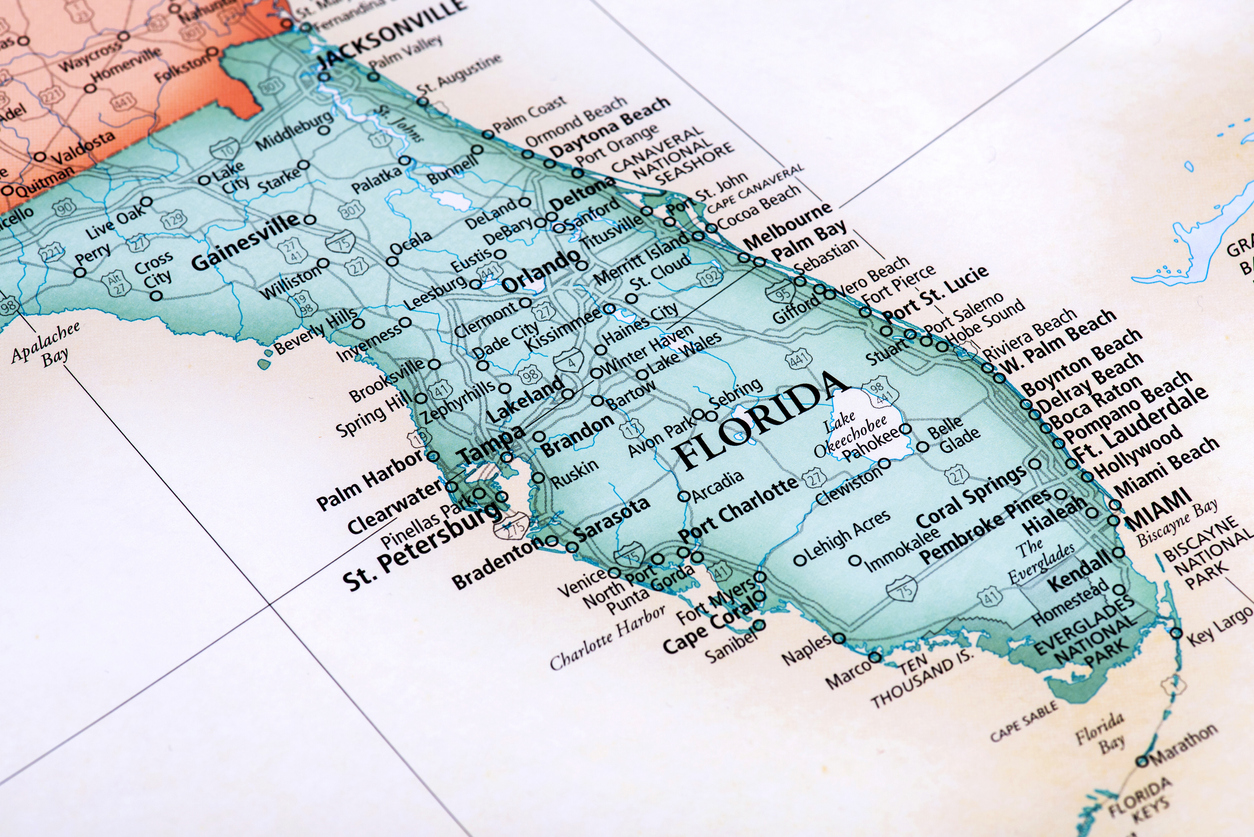
Hard Rock wins appeal in landmark ruling over Florida sports betting
DC Appeals Court rules in favor of Seminole Tribe in long-running legal dispute with state cardrooms over sports betting compact


Court judges in a District of Columbia Appeals Court have sided with the Seminole Tribe in its long-running dispute over online sports betting in Florida, in what is a landmark case for the industry.
The suit, filed by two Florida-based parimutuel operators in 2021, was against the US Department of the Interior (DOI), which authorized the Seminole Tribe’s class III gaming compact, allowing it to offer online sports betting in the Sunshine State.
The pair contended that in ratifying the 30-year compact, the Department of Interior had acted unlawfully.
The Seminole Tribe’s compact, which was first agreed in August 2021, was voided by US District Court Judge Dabney Friedrich in November 2021, on the grounds that it violates the Indian Gaming Regulatory Act (IGRA), the Unlawful Internet Gambling Enforcement Act (UIGEA), and the Wire Act.
At the time, the Seminole’s had to shut down the Hard Rock Digital sportsbook in the state, pending an appeal.
A central part of this is the so-called ‘hub and spoke’ model, which allows for the offering of sports betting in Florida outside of tribal land, the clause which was contested by the two parimutuel operators.
Under IGRA, while a state may enter a compact with any tribe to operate gambling, it must occur on Indian land, defined as “all lands within the limits of any Indian reservation” or lands held in trust by the US for the benefit of said tribe.
The ‘hub and spoke’ model allows the tribe to circumvent this law; as all sportsbook transactions, although placed remotely anywhere in the state, would still be funneled through servers located on Indian lands.
On Friday (June 30) the US Court of Appeals for the District of Columbia Circuit, which had three judges residing on the panel, sided with the Seminole Tribe and the DOI, unanimously contending that IGRA does not prevent the Seminole Tribe from accepting bets remotely.
“We see the case differently. IGRA ‘regulate[s] gaming on Indian lands, and nowhere else.’ Thus, to be sure, an IGRA gaming compact can legally authorize a tribe to conduct gaming only on its own lands,” the judges in the Court of Appeals wrote.
“But at the same time, IGRA does not prohibit a gaming compact – which is, at bottom, an agreement between a tribe and a state – from discussing other topics, including those governing activities ‘outside Indian lands[.]’
“In fact, IGRA expressly contemplates that a compact ‘may’ do so where the activity is ‘directly related to’ gaming,” the judges added.
“The compact itself authorizes only the betting that occurs on the Tribe’s lands; in this respect it satisfied IGRA,” the ruling continued.
“Whether it is otherwise lawful for a patron to place bets from non-tribal land within Florida may be a question for that State’s courts, but it is not the subject of this litigation and not for us to decide,” it concluded.
The language of this ruling could potentially open the door for more tribes to offer sports betting under this model, or potentially to expand into legal igaming via the same compact route.
A potential challenge at the US Supreme Court is expected to follow, in what would be one of the biggest legal cases in US sports betting and the wider gambling industry since PASPA in 2018.